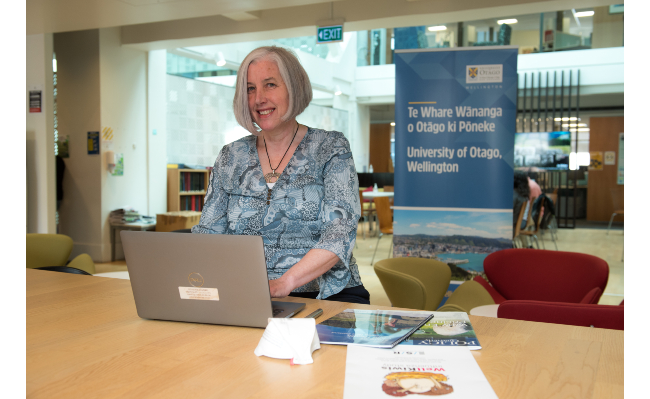You can make a world of difference by studying postgraduate public health
Public health is a diverse and vital area, encompassing all aspects of our lives. The issues that influence public health are often changing and knowledge is constantly evolving.
The University of Otago's expertise in public health is nationally and internationally recognised. As a postgraduate student at Otago, you will develop skills relating to:
Study at one of Otago's three campuses

Christchurch

Dunedin

Wellington
10 reasons to study public health at Otago
- Gain an internationally-recognised qualification from New Zealand's leading postgraduate university.
- Build on an undergraduate degree or work experience in any discipline, not just public health.
- Study full-time or part-time; whatever suits. Papers are taught in half semester terms – giving you flexibility to arrange study around other commitments.
- Choose your campus – Christchurch, Dunedin, or Wellington – where you will be provided with a supportive learning environment.
- Select from a broad range of paper topics which enable you to tailor your programme to reflect your interests.
- Step it up! Our qualification staircase gives the option to start with the Postgraduate Certificate in Public Health (PGCertPH), later adding papers to earn a diploma or master's qualification.
- Experience personal and professional growth, and increase your employment potential.
- Network with, and learn from, people with skills and knowledge in areas that can open up opportunities for you.
- Benefit from research-informed teaching by lecturers representing a wide range of disciplines.
- Dealing with complex impacts on population health is challenging and exciting.






